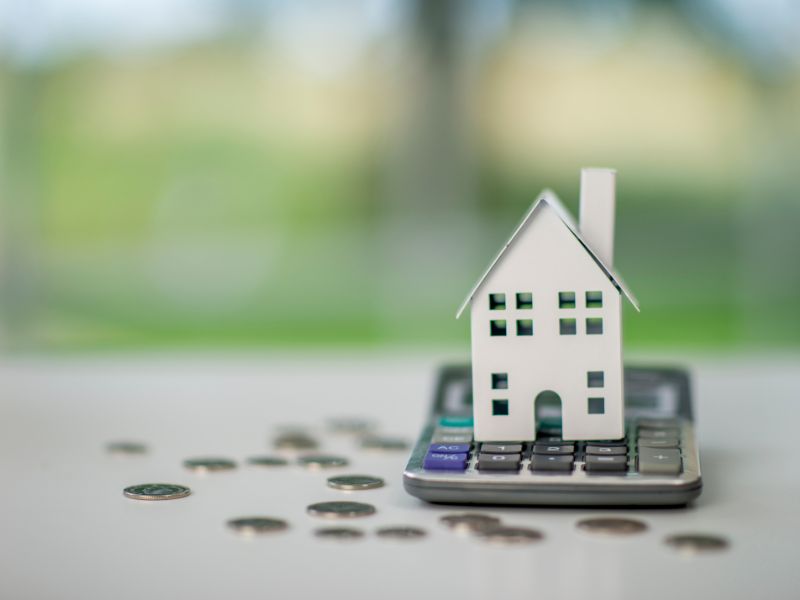 Join us as we navigate through the common queries that may emerge throughout your mortgage journey. Remember, your quest for homeownership should be illuminated with comprehension and direction. Let’s discuss the primary 4 mortgage inquiries and decode the secrets to unlocking the gateway to your ideal home.
Join us as we navigate through the common queries that may emerge throughout your mortgage journey. Remember, your quest for homeownership should be illuminated with comprehension and direction. Let’s discuss the primary 4 mortgage inquiries and decode the secrets to unlocking the gateway to your ideal home.
What Sets Fixed-Rate Mortgages Apart from Adjustable-Rate Mortgages (ARMs)?
A fixed-rate mortgage boasts a steady interest rate over the loan period, ensuring consistency in monthly payments. Conversely, an adjustable-rate mortgage (ARM) features a fluctuating interest rate that may shift periodically. While ARMs often commence with lower rates, they can escalate, potentially impacting monthly payments. The choice between them hinges on your inclination towards stability or adaptability to market fluctuations.
How Much Down Payment is Necessary for Home Purchase?
The ideal down payment varies but typically hovers around 20% of the home’s purchase price. Nevertheless, alternatives with lower down payments exist, such as FHA loans requiring down payments as low as 3.5%. A larger down payment frequently translates to more favorable interest rates, yet it’s crucial to strike a balance aligned with your financial circumstances.
Is Prepaying My Mortgage an Option?
Absolutely, most mortgages permit prepayment. Channeling additional payments towards your mortgage principal aids in diminishing the overall interest accrued and shortening the loan duration. Nonetheless, it’s imperative to consult your lender regarding any prepayment penalties or constraints. Certain loans may entail specific terms or conditions concerning prepayments, hence comprehending these particulars empowers you to make prudent financial choices.
What Constitutes Private Mortgage Insurance (PMI), and When is it Mandatory?
Private Mortgage Insurance (PMI) is typically mandated when the down payment falls below 20%. It serves to safeguard the lender in the event of borrower default. Once the equity in the home attains 20%, borrowers may potentially request the elimination of PMI. Certain loans, like FHA loans, adhere to distinct regulations about mortgage insurance, underscoring the importance of acquainting oneself with the specific requisites associated with your loan.
While these FAQs shed light on fundamental mortgage facets, individual circumstances may diverge. It’s advisable to seek counsel from a mortgage expert for tailored guidance suited to your distinct scenario.
 When it comes to mortgages, a “buydown” generally refers to paying an extra fee upfront to reduce the interest rate over a specific period. There are typically two types: temporary buydowns and permanent buydowns.
When it comes to mortgages, a “buydown” generally refers to paying an extra fee upfront to reduce the interest rate over a specific period. There are typically two types: temporary buydowns and permanent buydowns.